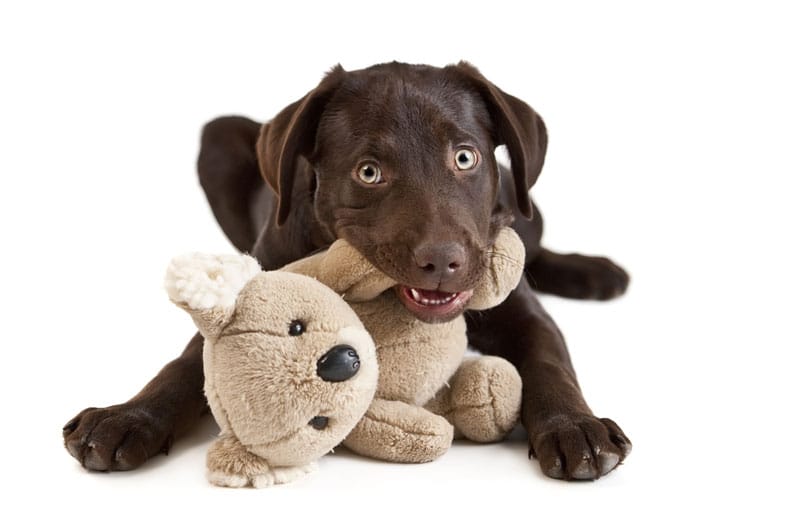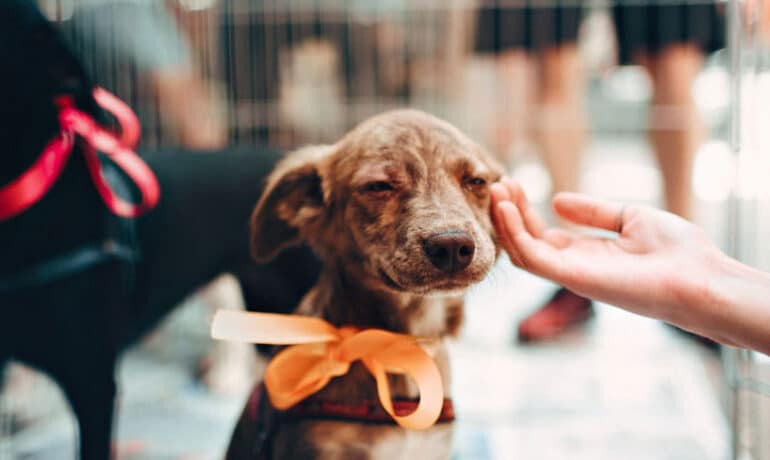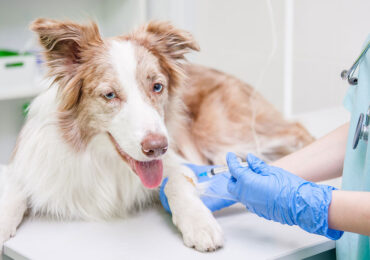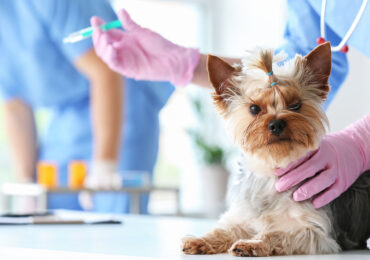A puppy or kitten can be an exciting addition to the family, but before you surprise your family with a new little furry friend, be sure you are prepared. In this pet care starter information, we have included some ways to be prepared when bringing a new puppy or kitten home.
Related: What to Expect when You’re Expecting to Adopt a Puppy or Kitten
Let’s start with being prepared for the new pup in your life! The following is a list of items you will need for the first few days and nights:

Premium quality puppy food
It may be a good idea to ask what they were being fed previously and stick with that, or slowly switch them over to a new food to prevent an upset tummy.
Food and water bowls
Ceramic or metal won’t harbor bacteria, are easier to clean, and less likely to become chew toys than plastic versions.
Safe toys
Make sure there are no small or breakable parts; if it fits through a paper towel roll, it is too small.
Pooper scooper and bags
Essentials for clean up after they go potty.
Leash, collar, and ID tag
For exercise and easy identification in the case they get lost. Additionally, get them licensed as soon as possible and speak to your vet about microchipping your pup.
Training crate
Here is how to make sure you get the right training crate that fits their size.
Blankets/towels that you don’t mind being ruined
Help puppy to bond with her new family members by keeping their scents close by. Have everyone handle and touch an old blanket or towel and give to puppy as a soft place to lay.
Plants
Check to be sure no plants in your home are toxic to pets. If there are, either get rid of them or be sure they are out of reach.
Wellness exam
Set up their first veterinarian appointment for a preventative care exam and to learn more about the additional extensive care will be needed over the course of the next couple years to help your puppy thrive.

Did you get a new kitten? We have a great list to help you prepare for those first few days and nights with your new little furry friend:
High-quality kitten food
It may be a good idea to ask what they were being fed previously and stick with that, or slowly switch them over to a new food to prevent an upset tummy.
Food and water bowls
Ceramic and metal are best, in case your kitten is sensitive to plastic.
Safe toys
Make sure there are no strings or small pieces that can fall off and be swallowed.
Breakaway collar and ID tag
Choose a breakaway collar that easily opens if caught on something to prevent accidental choking and get ID tags to ensure your kitten can be identified if they wander off. Speak to your vet about microchips for an extra layer of ID protection.
Scratching post
Get ahead of unwanted behavior by training your kitten to use a scratching post. Be sure to reward them with praise and/or a kitty treat so they know that is where they should be scratching.
Litter box and litter
The kitty potty break essentials.
Cat carrier
To transport your kitten in a safe environment – make sure it fits their size.
Cat bed
For a comfortable space they can retreat to for rest.
Wellness exam
Set up their first veterinarian appointment for a preventative care exam and to learn what additional care appointments will be needed over the next several months to help your kitty stay happy and healthy.



